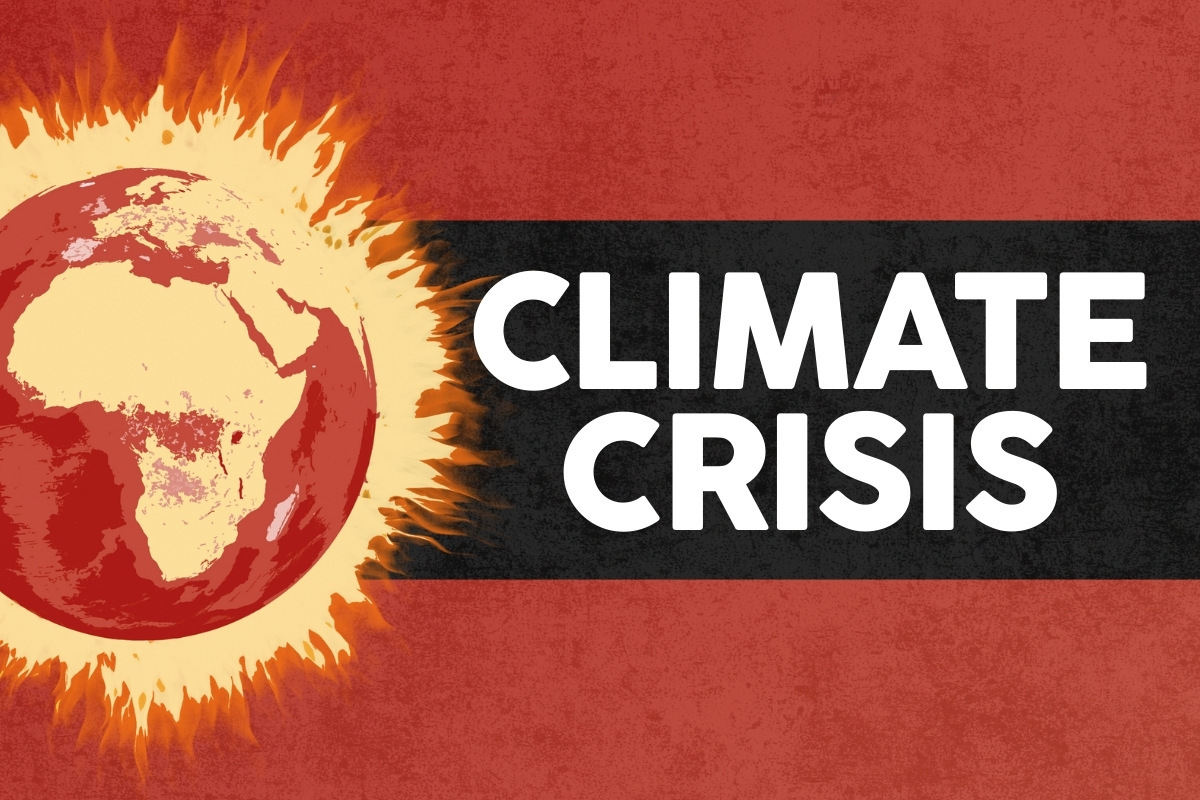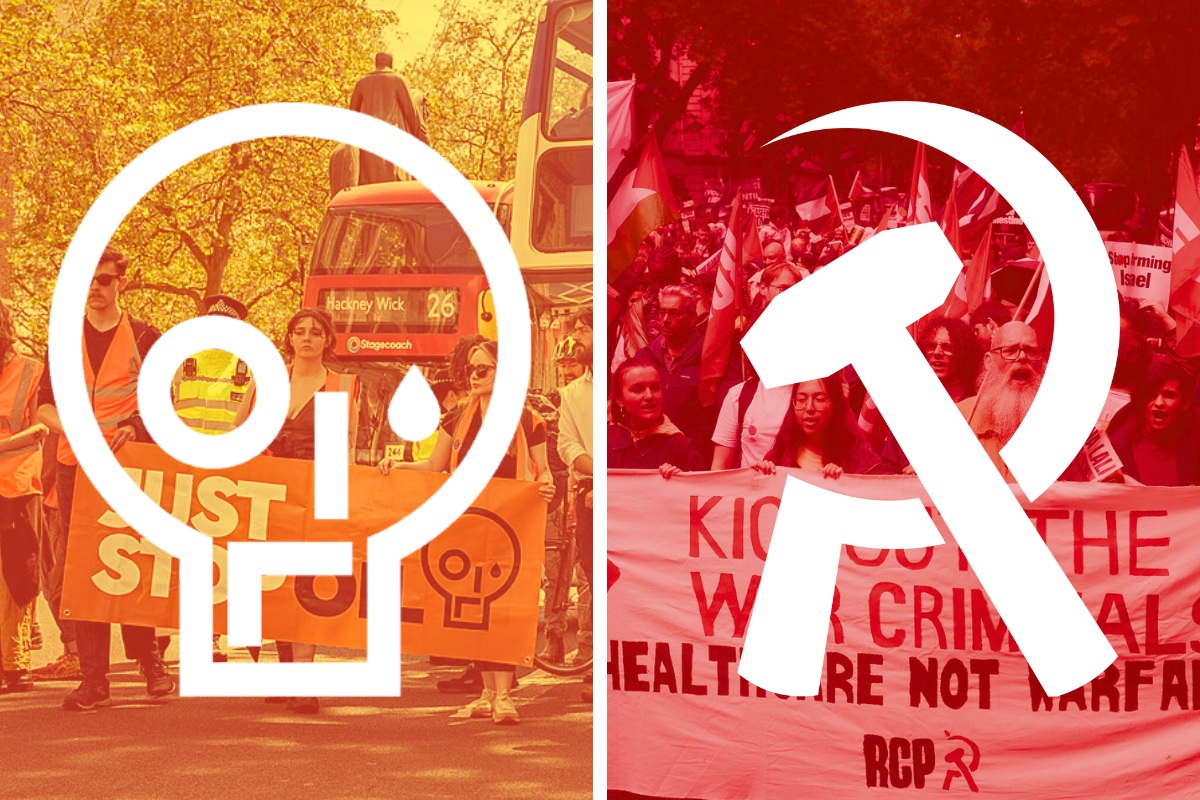 The environmental statistics have been pouring in, and the prognosis for the planet looks dire:
The environmental statistics have been pouring in, and the prognosis for the planet looks dire:
global warming is accelerating, leaving environmental destruction in
its wake. Already we are witnessing some of its devastating
consequences: temperatures are rising, bringing more intense heat
waves; sea levels are rising, producing more flooding; droughts and
severe weather patterns are more frequent; wildlife is disappearing
because of loss of habitat. These are trends which, if allowed to
proceed unchecked, will culminate in humans huddled around the two
poles in search of respite from the heat.
Here are some of the statistics that tell the story:
A
report announced just a few months ago that the north pole ice cap is
melting more than 3 times faster than was previously believed.
The greenhouse gas effect is up 20 percent since 1990.
According
to NASA scientists, glaciers were melting at a rate of 6 feet per year
in 2000. Now they are melting at a rate of 75 feet per year.
Deserts
have been expanding throughout the planet, from 624 square miles per
year in the 1970s to 1374 square miles in the 1990s.
Of course,
all these trends could be dramatically reversed if the US government,
as head of the world’s biggest contributor to greenhouse gases,
resolved to attack them. It would have to begin with a drastic
reduction in the consumption of fossil fuels, such as gas, coal, and
natural gas, which are the principal causes of carbon dioxide emissions
and therefore global warming.
Since vehicles account for roughly
one-third of the carbon dioxide production in this country, the
government would immediately need to mandate the conversion of
gas-propelled cars to electricity. And we already have the technology
for electric cars, so this program would pose no insurmountable problem.
 Power
Power
plants account for 40 percent of the production of carbon dioxide.
Here the government would have to launch a Herculean effort to create
the technology that would allow us to generate power without detriment
to the environment. But it could mount the same kind of campaign that
culminated in the construction of the atomic bomb where the best
scientific minds were assembled and assigned the task that many
believed was impossible to accomplish. And in this case the project
would have the virtue of benefiting humanity rather than destroying it.
In the meantime, the government could expand the research and
development of solar energy by providing generous subsidies.
Building
structures account for 12 percent of carbon dioxide emissions, but
already environmentally-friendly buildings are being constructed.
Air
travel produces 15 percent of the total production of carbon dioxide.
For starters, the government could outlaw corporate jets since they
transport a mere handful of people at a relatively tremendous cost to
the environment. Then, after the U.S. government reversed its own
global warming trends, as the richest country in the world it could
turn to other countries and help them do the same.
So solutions
to global warming are available, but is there a desire to pursue them
among the general U.S. population? A recent poll has provided a
definitively positive answer to this question, concluding that a
majority of Americans registered serious concern about the state of the
environment and indicated they were even prepared to make sacrifices
for the sake of its well-being.
With the environmental Damocles
sword hanging over our heads, we need to act decisively and promptly.
Let us now turn to the solutions proposed by those the US media hold in
high esteem.
First, Stephen Hawking, the world’s best known
theoretical physicist, offered this unique suggestion: "It is important
for the human race to spread out into space for the survival of the
species. Life on earth is at an ever-increasing risk of being wiped
out by a disaster, such as sudden global warming, nuclear war, a
genetically engineered virus or other dangers we have not yet thought
of."
Leaving aside Hawking’s underlying assumption that the human
species seems to be the only one worth saving, several questions
"naturally" emerge: Given that global warming and nuclear war are
human creations, not products of nature such as earthquakes and meteor
showers, shouldn’t we analyze the root cause of these threats to life
on earth so that they can be eradicated on this planet? Otherwise
wouldn’t we simply carry these afflictions with us when we migrated to
other parts of the universe? And these questions lead in turn to
another: How can anyone who is considered so intelligent offer such an
uninformed "solution?"
Secondly, George Bush has finally weighed
into the debate, after denying for years that global warming is a
scientific fact. Unfortunately he is moving in slow motion, as
reported in The New York Times (June 1, 2007): "President Bush, fending
off international accusations that he was ignoring climate change,
proposed for the first time on Thursday to set a ‘long-term global
goal’ for cutting greenhouse gas emissions, and he called on other
industrialized nations to join the United States in negotiations aimed
at reaching an agreement by the end of next year."
In other
words, nothing needs to be done in the present, and when we finally get
around to tackling the problem, we will move very slowly.
 Finally,
Finally,
let us turn to Al Gore, a politician who has positioned himself as the
supreme champion of the environment, thanks to his informative and
popular documentary, "An Inconvenient Truth." In a recent New York
Times (July 1, 2007) op-ed article he made an impassioned plea:
"We –
the human species – have arrived at a moment of decision. It is
unprecedented and even laughable for us to imagine that we could
actually make a conscious choice as a species, but that is nevertheless
the challenge that is before us.
"Our home – Earth – is in
danger. What is at risk of being destroyed is not the planet itself,
but the conditions that have made it hospitable for human beings."
Gore
went on to argue that decisive action must be taken immediately for
otherwise the forces set in motion by global warming will be
irreversible.
Gore’s approach, unlike Hawking’s, has the virtue
of recognizing and emphasizing the fact that humans have the power to
reverse global warming if they so resolve. And unlike Bush, Gore
acknowledges that time is of the essence. But might not his call for
the human species to engage in a collective decision-making process
within the confines of capitalist society be self-delusional or
deceitful?
Under normal operating conditions, capitalist society
never includes the vast majority of the population in the
decision-making process concerning public policy. There was no public
debate followed by a referendum over whether the US should instigate an
entirely unprovoked war against Iraq. The vast majority of us have
absolutely no say in whether nuclear power plants should be constructed
or what kinds of cars Ford and GM should produce. These decisions are
made behind closed doors by corporate America with the intent of
promoting their own special interests, in particular, raising their
profits. They are not concerned with the well-being of the general
population, but in order to thrive, they must pretend they are
operating in everyone’s interests.
For example, when Ford
discovered that the Explorer easily overturned, management got out
their calculators and concluded it would be cheaper to keep the same
faulty design while paying out settlement fees in court to the victims
and their families of this deadly vehicle. Of course, they informed no
one of the dangers at the time. Honesty would not have been in their
interest.
Capitalism divides the members of society into two very
different classes of people: workers and capitalists. Those who work
for a living work long hours, if we are lucky we can buy a house, and
after purchasing a car or two, there is little left over. The
capitalists, the owners of businesses and industry, on the other hand
have millions, if not billions, of dollars, thanks to the work we do
for them, and they use much of this money to influence governmental
policy in their favor. Moreover, since within capitalist society money
speaks with the loudest voice, they are very successful in this
endeavor. Here are some examples:
Coal-burning utilities are
giving money to one of "the few remaining climate scientists" who is
critical of claims of global warming. (The New York Times, July 28,
2006)
The federal agency responsible for protecting Arctic polar
bears has barred two scientists from speaking about their plight due to
global warming. The bears face extinction due to loss of habitat. (The
San Francisco Chronicle, March 9, 2007)
The New York Times (May 12, 2007) reported Detroit’s auto makers are lobbying hard against tough fuel economy standards.
"The
Bush administration is drastically cutting back efforts to measure
global warming from space…." (The San Francisco Chronicle, June 5,
2007)
A New York Times editorial (June 10, 2007) stated:
"When
Americans elected a Democratic Congress last November, they were voting
to end politics as usual and special interest legislation. On the
vital issues of energy independence and global warming they are not
only in danger of getting more of the same but also…winding up in worse
shape than they were under the Republicans."
Because political
decisions in capitalist society are driven by money and deceit, Gore’s
call for a collective decision on the part of humanity is indeed, as he
suggested, "laughable." One can only wonder why he did not notice this
fact when in office.
We in the Workers International League are
convinced that only a socialist movement, led by working people, is
capable of meeting the challenge of environmental destruction. Only
when the economy is collectively owned and democratically operated will
the possibility of a collective decision-making process become a
reality. With all the relevant information at our disposal, all
members of society will be able to discuss and debate which way forward
and then determine policy by voting. Socialism means that the majority
will rule in the interests of the majority, and a healthy, vibrant
environment is in everyone’s interests.





